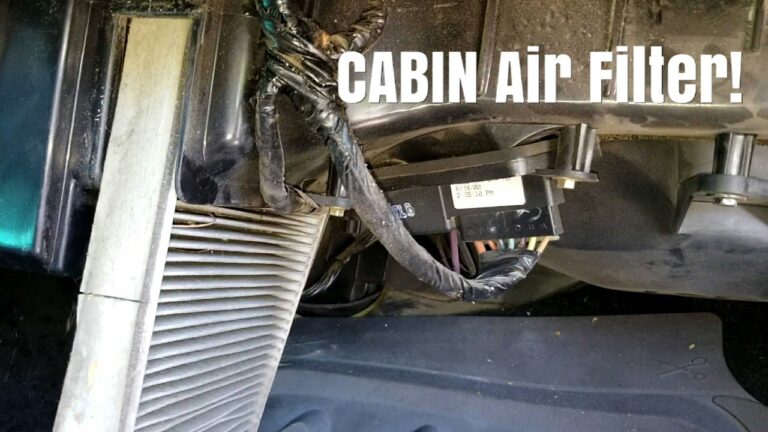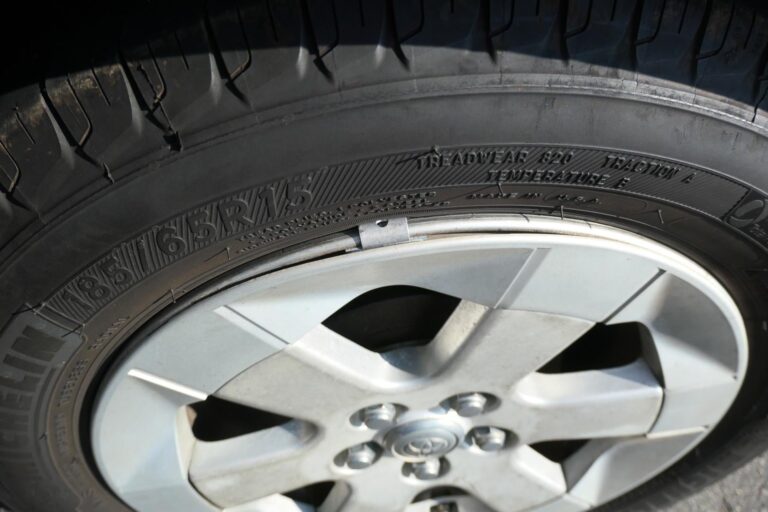Does Turning On the AC Waste Gas?

When it comes to fuel efficiency, many drivers wonder if using the air conditioning (AC) in their car leads to wasted gas. This is a common concern, especially during hot summer months when air conditioning becomes essential.
Does AC Use More Gas?
Yes, using the air conditioning in your car does consume more fuel. The AC system in your vehicle relies on the engine to power its compressor. When you turn on the AC, the engine has to work harder to keep the compressor running, which results in increased fuel consumption.
How Much Gas Does the AC Use?
The exact amount of fuel used by the AC depends on several factors, including the make and model of your vehicle, how hot it is outside, and the AC settings you use (such as the temperature and fan speed). On average, the AC can reduce fuel efficiency by 5-10%, though it can vary.
- Engine Load: The larger the engine, the less noticeable the effect on fuel economy. Smaller engines, however, may see a more significant impact.
- Idle vs. Driving: Running the AC while idling uses more gas than when driving at higher speeds. At highway speeds, the engine can handle the load of the AC compressor more efficiently.
What Happens When You Turn On the AC?
- Compressor Load: The air conditioning system operates through a compressor that requires power from the engine to run. When you activate the AC, the engine’s power is diverted to the compressor, causing it to work harder, which leads to a drop in fuel efficiency.
- Fuel Efficiency Impact: The harder the engine works to run the AC, the more fuel it burns. At low speeds (especially in city driving), this effect can be more noticeable. However, at highway speeds, the impact on fuel efficiency is generally less significant.
Other Factors That Affect AC’s Fuel Impact
- Temperature Settings: Setting the AC to a lower temperature means the system has to work harder to cool the air, which can lead to more fuel consumption. Moderating the temperature can help reduce the impact on fuel efficiency.
- Fan Speed: Higher fan speeds also demand more power from the engine, leading to greater fuel usage.
- AC Usage: Continuous use of the AC system, especially when not necessary (for example, using it on a mildly warm day), will lead to more gas consumption. Using the AC only when absolutely needed can help mitigate the fuel waste.
Conclusion
Yes, turning on the AC in your car does use more gas, as it forces the engine to work harder to power the compressor. However, the impact is generally minimal on fuel efficiency, especially at highway speeds. To reduce fuel consumption, consider using the AC more sparingly, using lower settings, and keeping the windows up at high speeds to improve aerodynamics. Ultimately, while AC does use more fuel, it may be a necessary convenience, especially in hot weather.
Also Check:
• Does Running the Heater in a Car Use Gas?






4 Comments